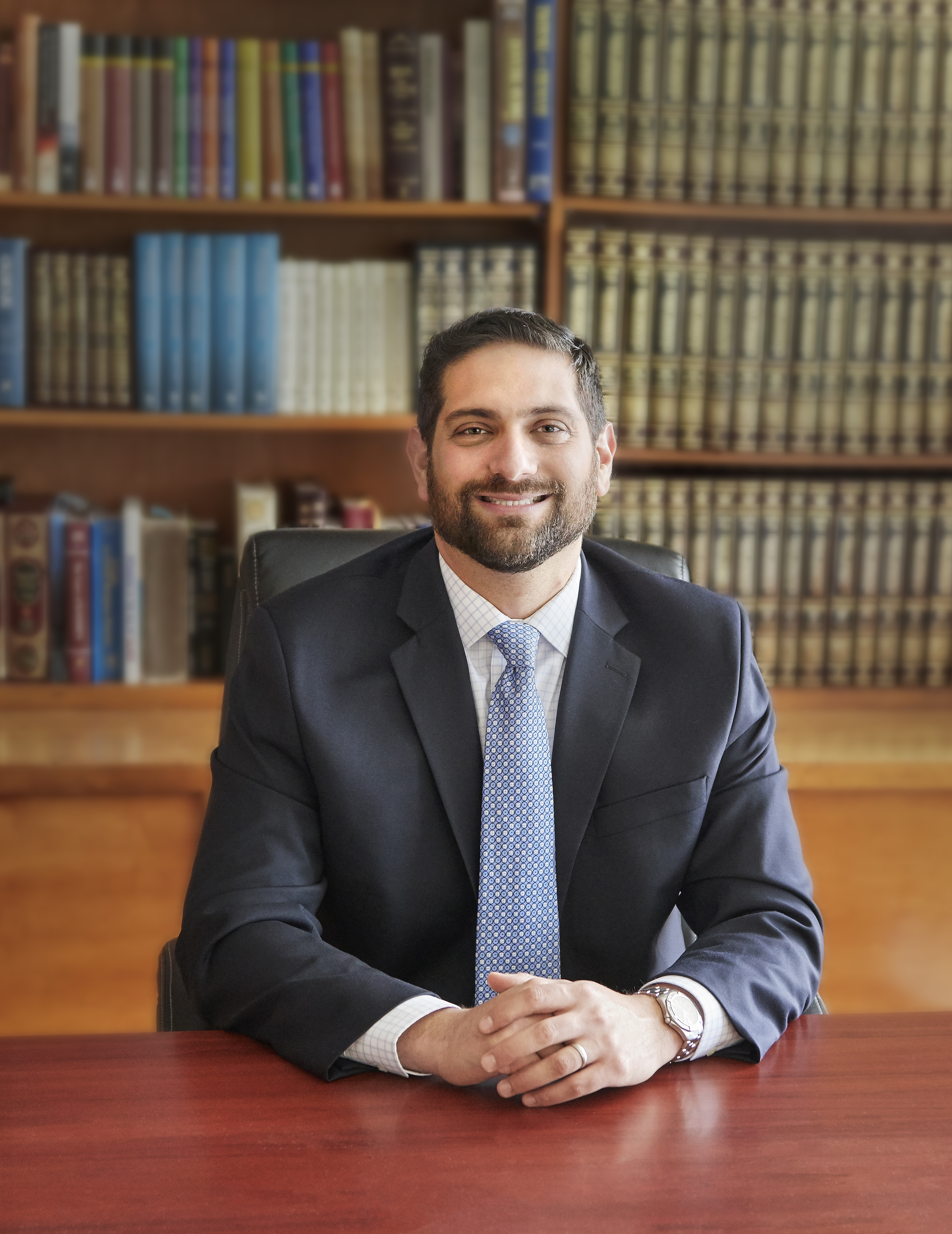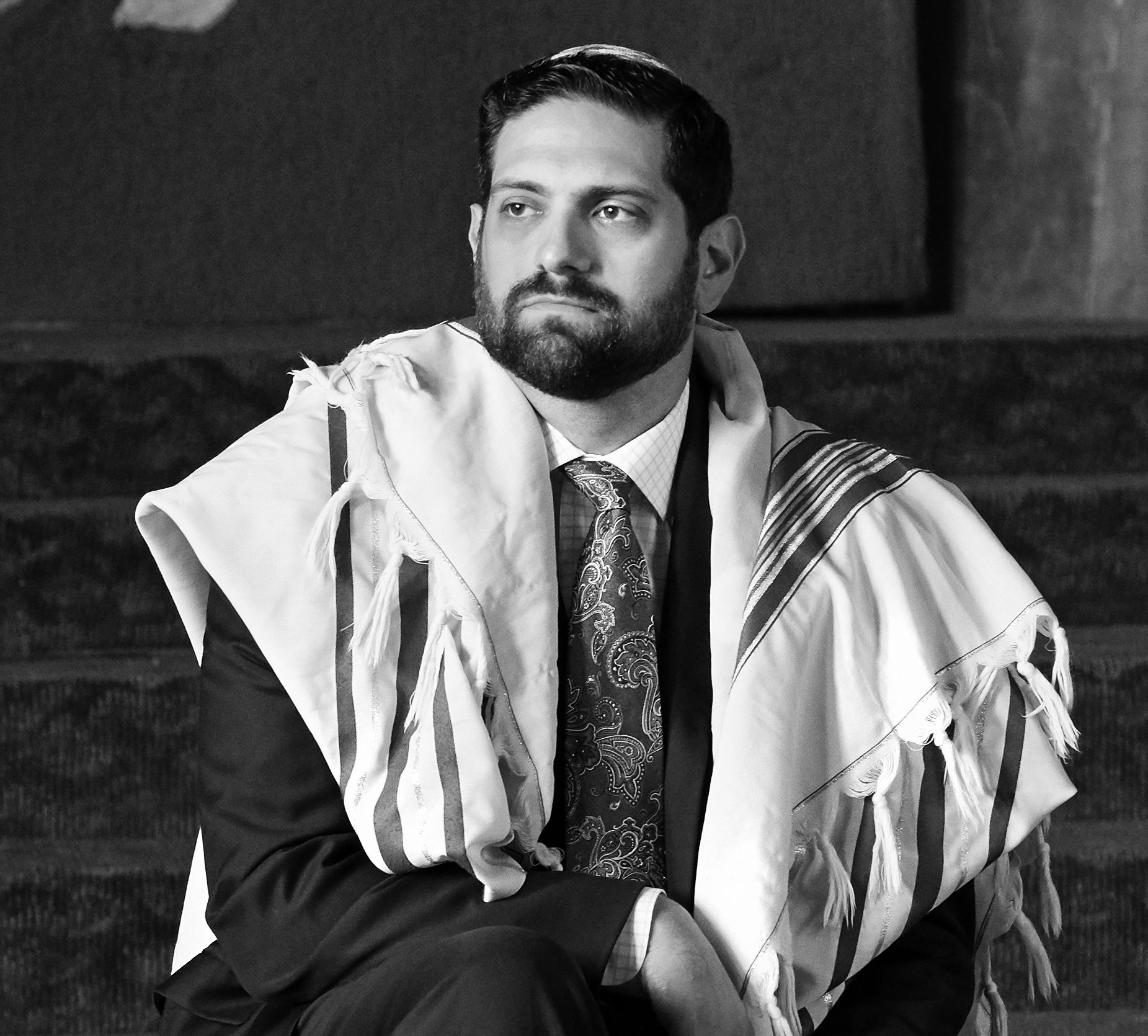
As a Jewish American one of my biggest personal dilemmas is, how do I navigate the middle? To my conservative friends I am a hippie-liberal and to my left leaning friends, I might as well be wearing a red hat alongside President Trump. In an age of diminishing labels, it’s odd that I would be called either of those things. I have always considered myself a centrist politically. No one party has ever stood for me besides my naïve 18 year-old self, voting Democrat because that’s what you do as a Jewish student on campus. And there are many like me. We consider ourselves socially liberal but do not want Linda Sarsour leading the way. I also consider myself a centrist on Israel. I believe deeply in a two state solution but will fight for the protection of Israel and its right to self-determine. This may be difficult for some self-labeling politically driven or Zionistic Jews to come to terms with. And now I am also finding out the religious middle is hard for me to navigate as well.
Most of my young rabbinic career I have been labeled “almost-Orthodox.” I am not quite sure why; I grew up in a Conservative synagogue, was ordained by a Conservative Rabbinical School, and serve a Conservative synagogue. It is very true that if you google me you would find (besides many sports articles) pieces I have written about the benefits of Orthodoxy. Many of my influences were Orthodox rabbis and today some are my closest colleagues. In the Twin Cities I have prided my rabbinate on learning with and alongside all denominations. I have attended the Orthodox Day School benefit and Chevruta-ed with an Orthodox rabbi. Chabad on campus gave me the privilege to speak about Halacha (Jewish law) to its students. I am grateful for my relationship with that rabbi.
But this past Rosh Hashanah, I spoke about my issues with the Israel Conversion Bill and the broken deal over the Kotel. In reflection of religious pluralism I also touched on some of my issues with Orthodoxy in America. I was critical of organizations on campus drinking with underage students. I spoke about the mutual respect amongst Jewish institutions, much to the ethical agreements Conservative and Reform synagogues have with each other. But I shifted to what was most disturbing to me; the lack of enough Orthodox presence sitting together at the communal table. If anything it’s out of a desire for all voices and ideas. For example, if there was a debate about Kashrut the Reform rabbi might state his opinion on studying the laws. The Reconstructionist rabbi might chime in with her opinion on food ethics. The Conservative rabbi could add something about evolving Halacha. And my point was while there are four seats at the table, far too often the fourth seat has been left empty. We must work together to ensure all religious voices are heard and understood, even if we disagree. If we have to move in different directions, we should respect that and eventually come back together for another conversation. It is of the utmost importance to create mutual respect for other denominations so we can work together as one collective community.
During this same sermon I complimented several Orthodox colleagues who validate religious plurality without hurting their own sense of religious autonomy. I discussed the importance of personal religious identity especially amongst my Orthodox colleagues who sometimes feel they have been excluded from the conversation due to a lack of acknowledgement of their religious standards.
Someone once said to me two truths which seem to be polar opposites could both be true. We can both love something and wish that it would be better. Once again I find myself in the middle – some telling me I am too frum for Conservative Judaism and others assuming I hate Orthodoxy. Neither are accurate claims. I am deeply embedded in the middle, navigating, like others, a world without definitive labels.























 More news and opinions than at a Shabbat dinner, right in your inbox.
More news and opinions than at a Shabbat dinner, right in your inbox.